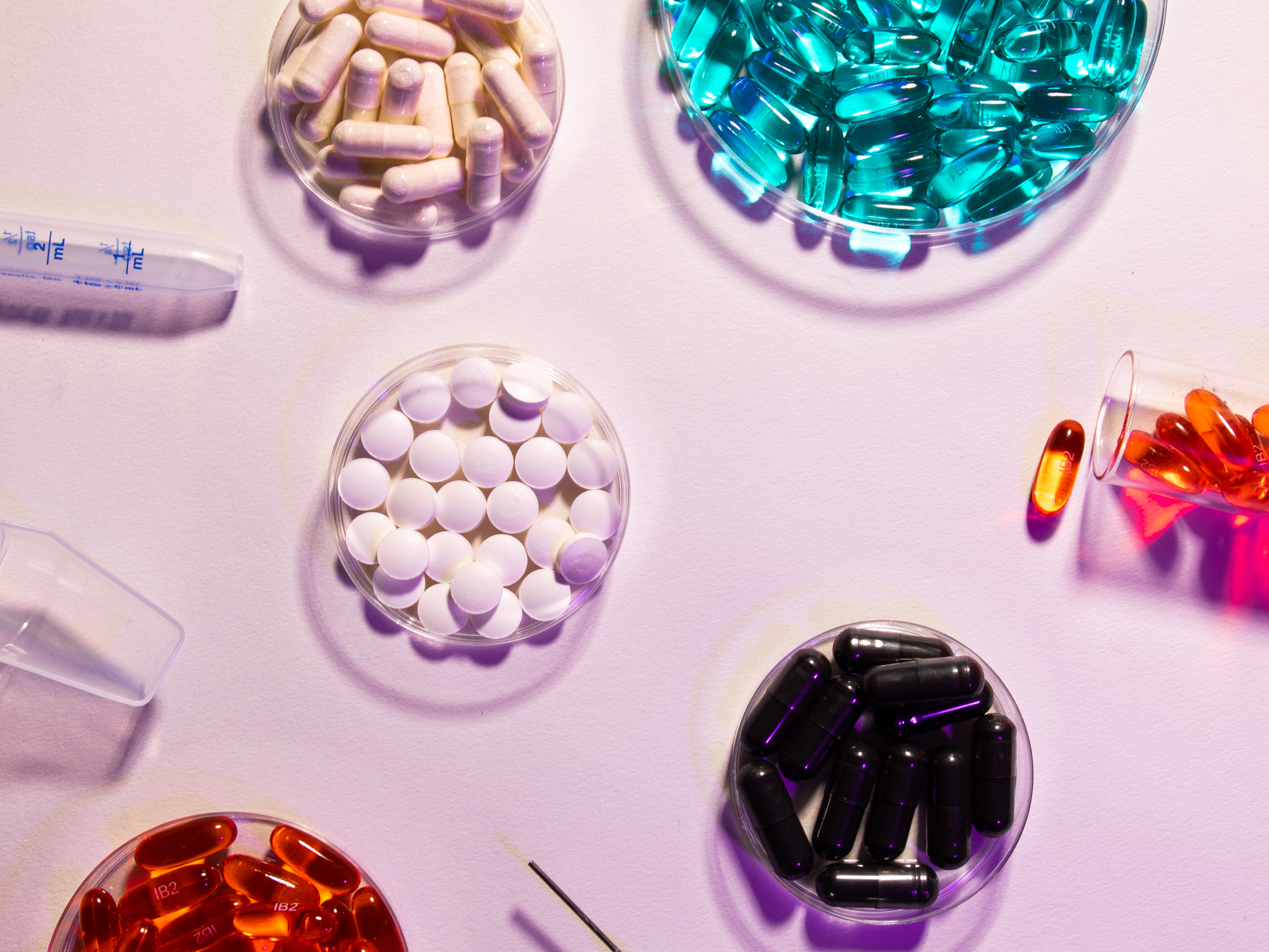- Vitamin D is an important nutrient for supporting the immune system, which plays a large role in fighting off viral infection, including from the coronavirus.
- Your body makes vitamin D naturally when you get enough sunlight. Particularly when sheltering in doors during a pandemic, it’s important to making sure you get enough.
- You can take a supplement to get vitamin D, but it can also be found in foods like fish, mushrooms, eggs, and milk.
- Visit Insider’s homepage for more stories.
Vitamin D is a crucial nutrient for your health and wellbeing. Now, research suggests it may play a role in preventing more severe coronavirus cases.
A major natural source of vitamin D is sunlight, and quarantine and social distancing can make it hard to get as much of that as we used to. Side effects of low vitamin D can include fatigue, more frequent infections (including cold and flu), and depressed mood.
But you can also supplement vitamin D or get it through your diet.
“Years ago, when testing vitamin D levels became more widespread, we discovered that so many people of all ages were shown to have low levels,” Bonnie Taub-Dix, registered dietitian nutritionist, author of Read It Before You Eat It – Taking You from Label to Table, told Insider. “A vitamin D deficiency appears to increase your susceptibility to infection.”
Here are the best ways to add more vitamin D to your routine.
Get outside, even while socially distancing
Sunlight is the best natural source of vitamin D, according to Taub-Dix. However, in order to get it, your skin needs to be directly exposed so your body can produce the nutrient.
"There's a myth that we get vitamin D from simply basking in the sun, but what actually happens is that compounds (like prohormone) in your skin react with the sun's UVB rays to make vitamin D, which means our skin actually has to be exposed to reap the glowing benefits," she said.
If you're able to spend time outside, that can help make sure you're getting enough vitamin D.
While sunscreen is important to protect the health of your skin, it can interfere with this process, Taub-Dix added. Aging can also make the process less efficient.
Even if you're getting lots of sun, it isn't realistic to rely on it as your primary vitamin D, Taub-Dix said.

Eggs, fish, and liver are all high in vitamin D
Vitamin D can be easily added to your diet in the form of natural foods.
Fatty fish, including tuna and salmon, are high in vitamin D, and hat's true whether you get them fresh, frozen, or from a can, Taub-Dix said.
Eggs are also a good source, with about a tenth of your recommended vitamin D needs per serving, so a hearty omelet could get you 25% of the way to your daily dose.
Beef liver, while not everyone's favorite food, is also a good source of vitamin D in addition to other essential nutrients - Taub-Dix recommends sauteing it with onions or enjoying it as a pate on crackers as easy ways to incorporate it into your diet.
If you're vegan, mushrooms are also a good source of vitamin D
Surprisingly, the richest dietary source of vitamin D doesn't come from animals at all. The humble mushroom is a great source of the nutrient, and often even more so when dried, since it's been treated with UV light as part of its processing, Taub-Dix said.
Fresh shiitake mushrooms provide about a quarter of your daily vitamin D needs, and dried shiitakes provide a full day's worth, she said.
Supplements or fortified foods can help round out your vitamin needs
If you're still concerned about meeting your daily vitamin needs, supplements can help. Many foods are already fortified with vitamin D when you buy them in the store - these include milk (including nondairy varieties), breakfast cereal, bread, and orange juice.
If that's not enough, you can consider a supplement. Recently, a top nutritionist in the UK recommended that people supplement vitamin D during the pandemic.
However, since supplements aren't regulated by the FDA, it can be hard to know what you're getting, so it's best to leave the vitamin pills as a last resort.
No amount of vitamins can prevent or cure any disease, including the coronavirus. Too much can even make you sick.
So keep a healthy diet and get outside when possible, but don't forget to wash your hands and get plenty of sleep, too.
Read more:
Vitamin D deficiency may be tied to a higher risk of severe coronavirus infection
What is vitamin D deficiency? How less sun can make you vulnerable to infection
